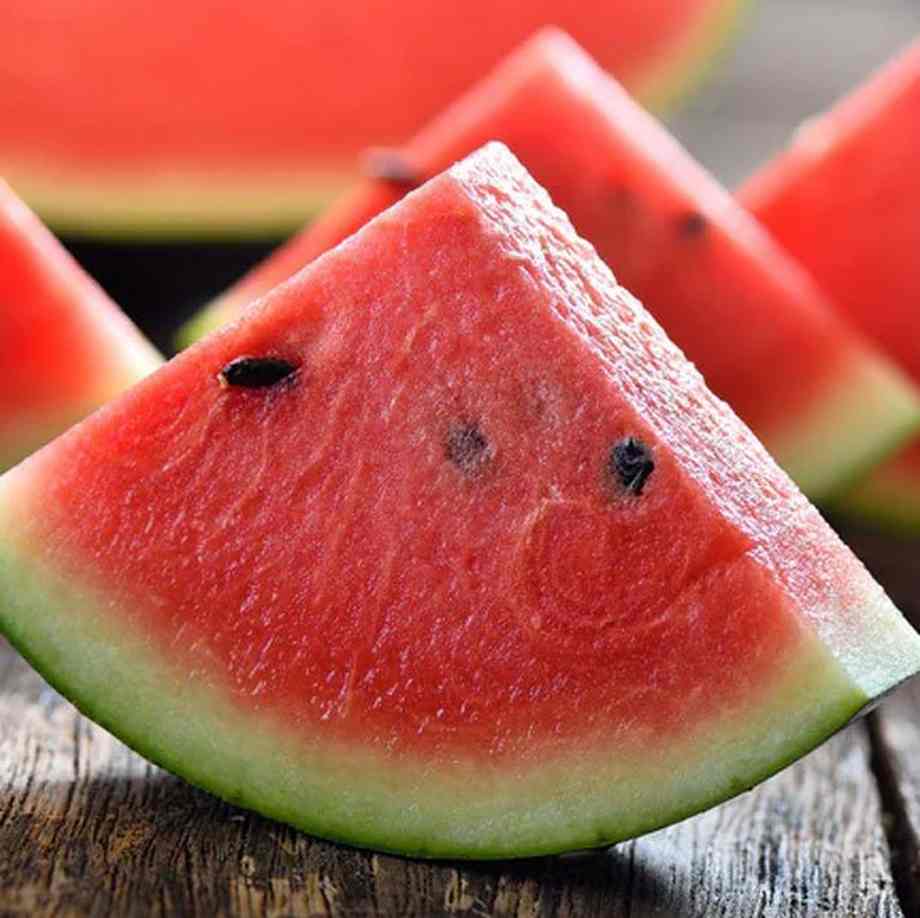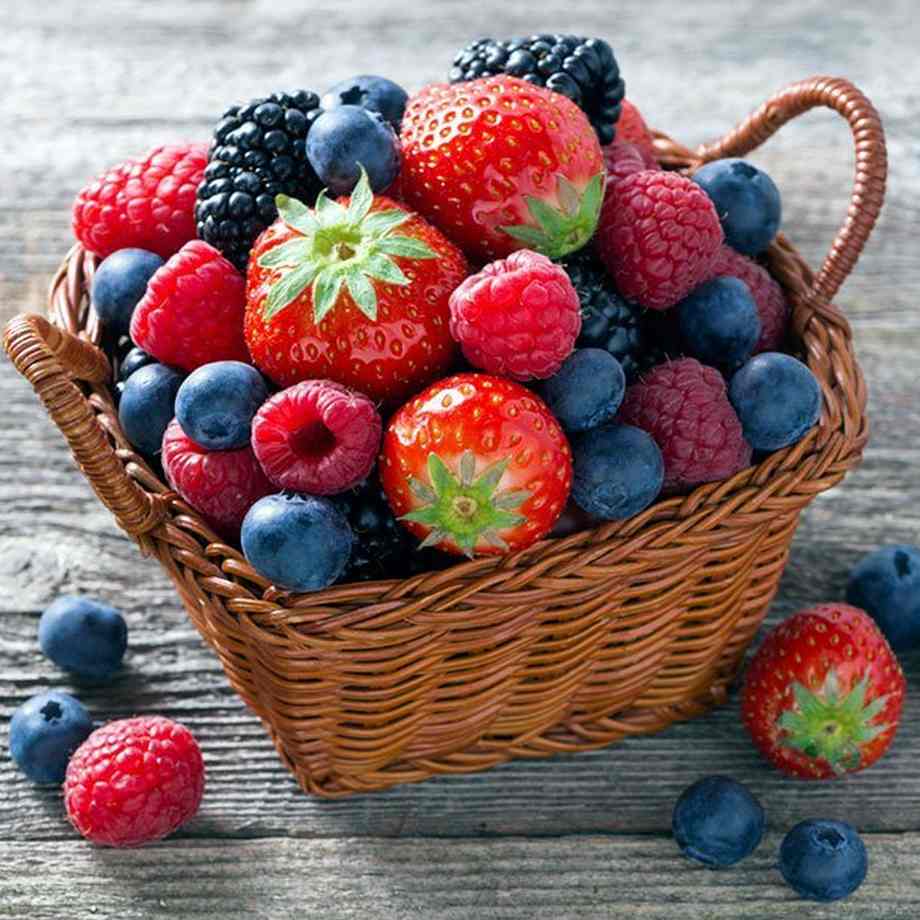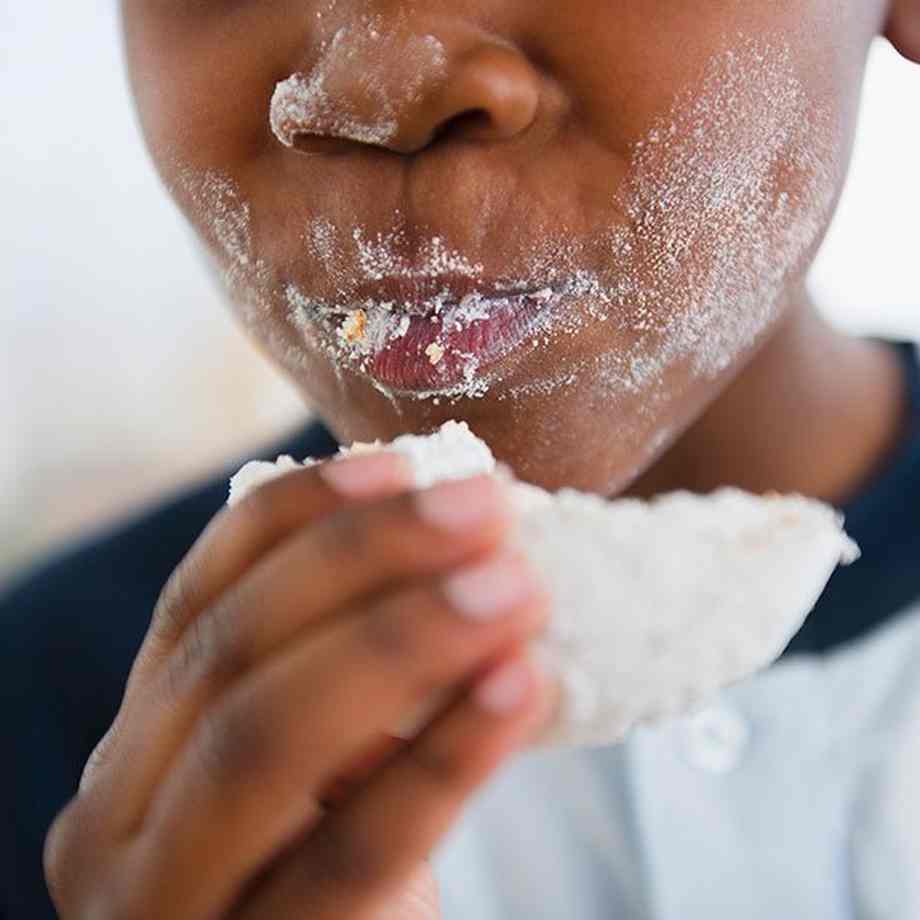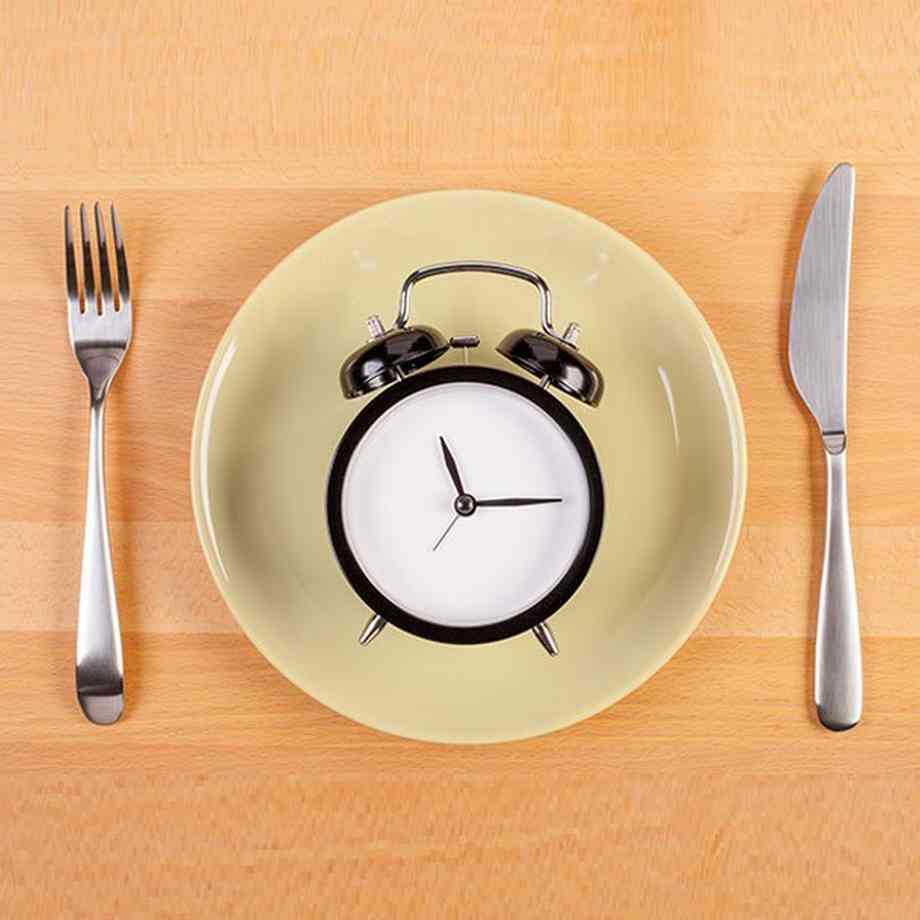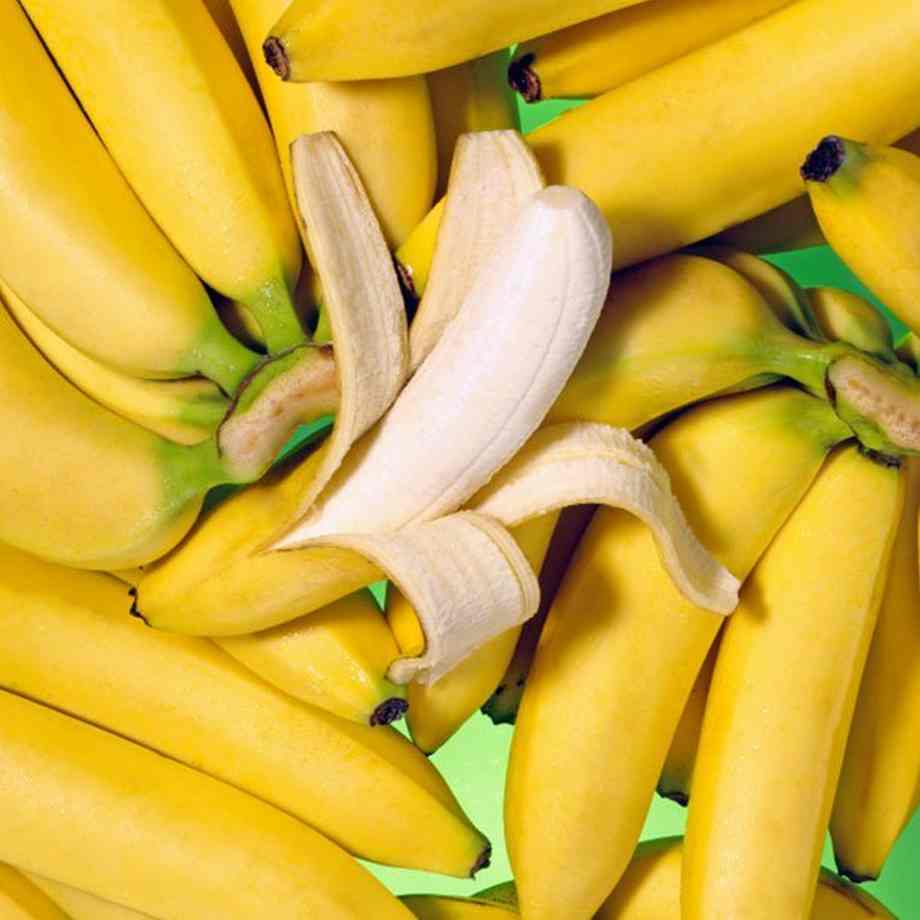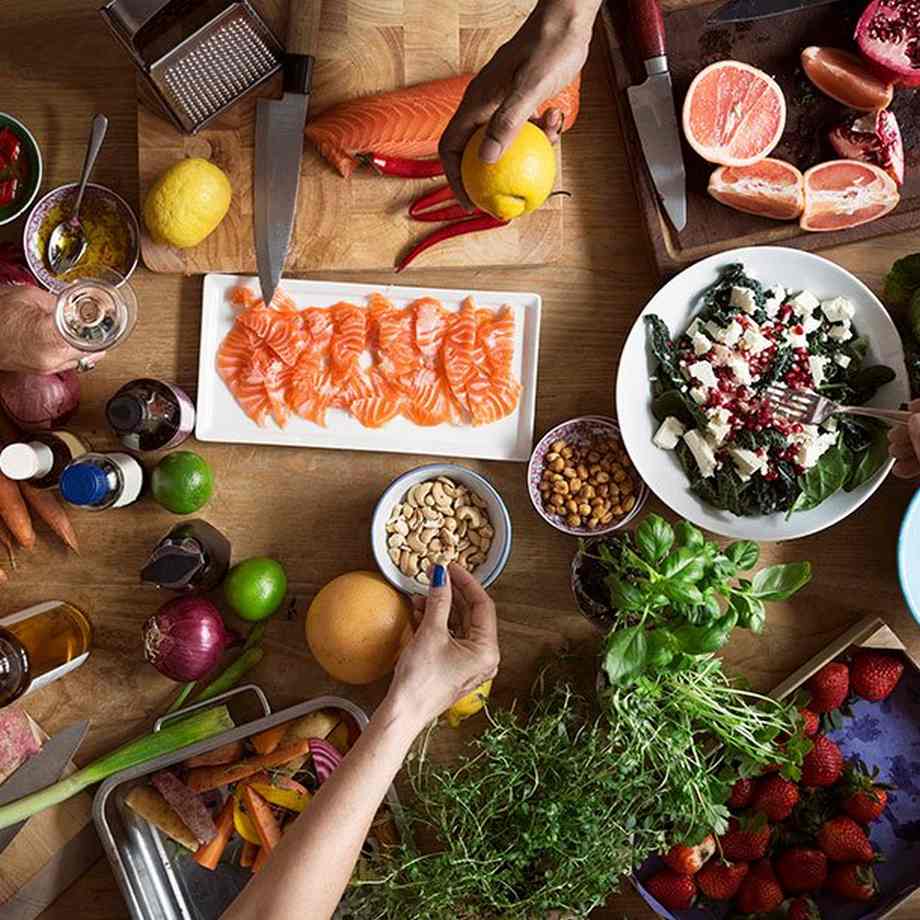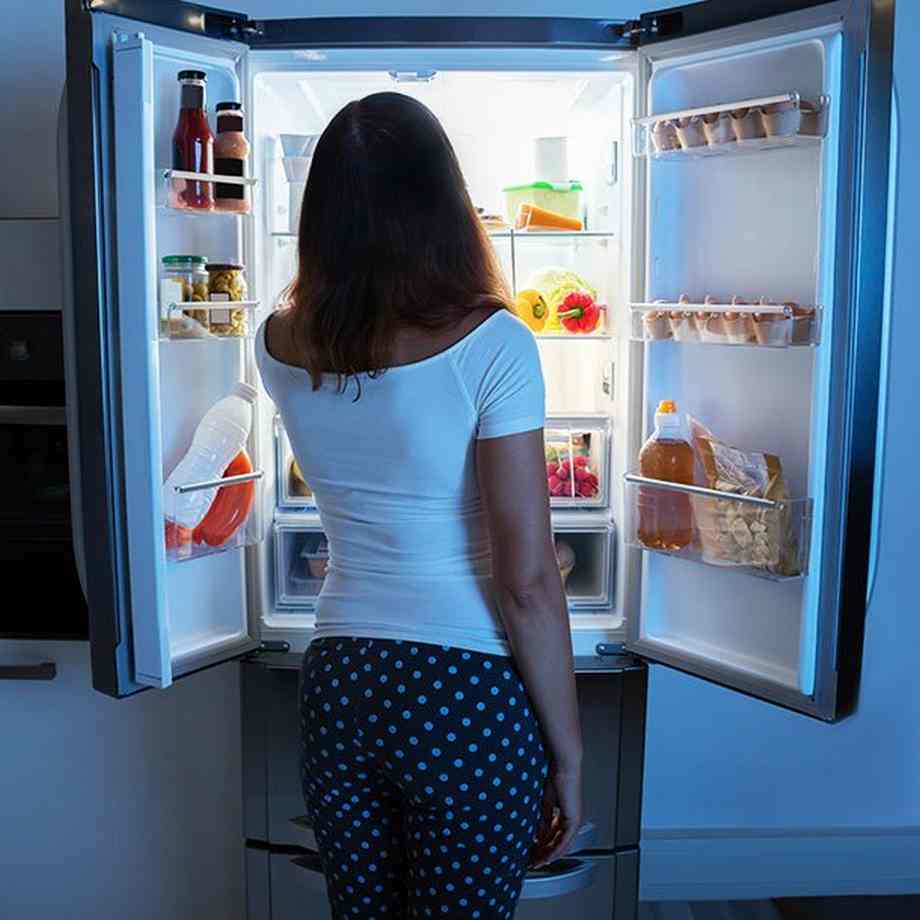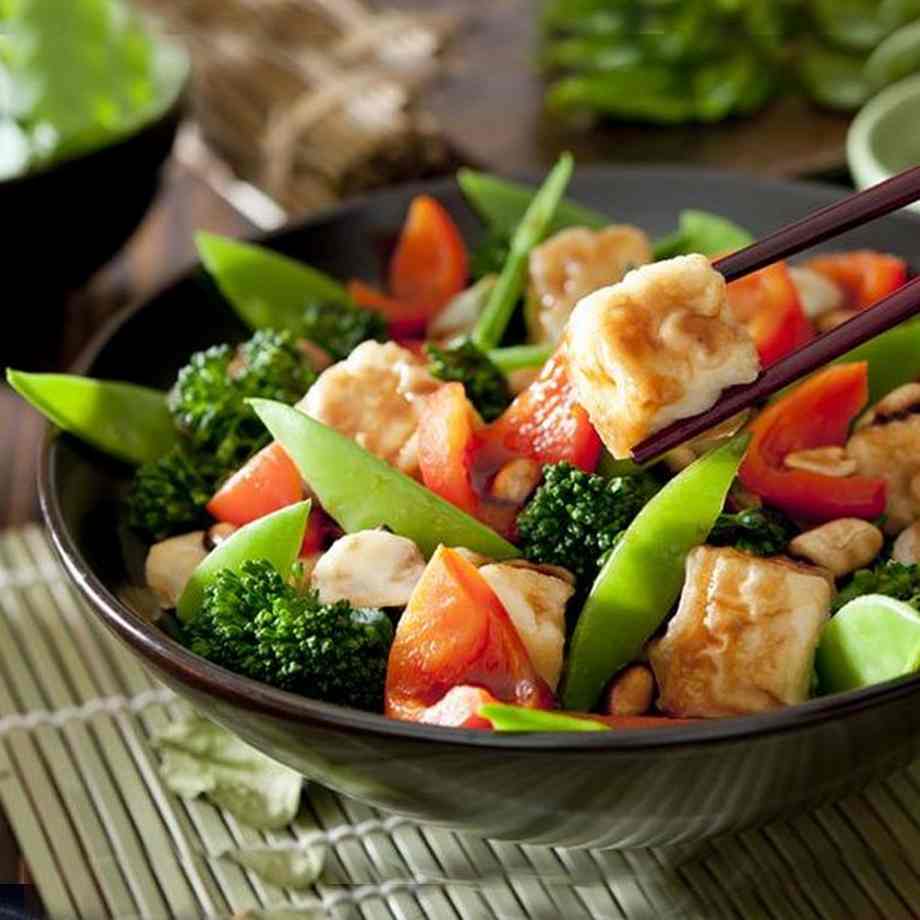
Watermelon
Here is a juicy tip: Cup for cup, fruits which can be excessive in water or fiber have fewer carbs than different fruits. Watermelon, the candy summertime deal with, is 92% water and the lowest-carb fruit by far, with 7.5 carbs for each 100 grams. It additionally has plenty of nutritional vitamins A and C. Take pleasure in one cup, or 10 watermelon balls in case you’re feeling fancy.

Cantaloupe
Each 100 grams of cantaloupe you eat will value you solely about 8 grams of carbs. That is rather less than one cup, or a big wedge. Cantaloupe can be cholesterol-free, low in sodium, excessive in nutritional vitamins A and C, and a great supply of folate. Toss it right into a blender with yogurt for a smoothie snack.

Honeydew
The typical particular person eats 3 kilos of this low-carb fruit yearly. The sweetest of all melons, honeydew has about 9 grams of carbs for each 100 grams of fruit — that is one cup or a small wedge and a half. Even higher: It is filled with potassium, copper, and plenty of vitamin C.

Strawberries
Eight medium strawberries, or one cup of slices, have just a bit over 7 grams of carbohydrates — and virtually as a lot vitamin C as an orange. They’re additionally loaded with phytonutrients which can be anti-cancer, anti-inflammatory, and defend your coronary heart. In season throughout spring and summer time, strawberries are nice on their very own. As tempting because it sounds, do not dip them in chocolate. It will enhance your carb rely an excessive amount of.

Raspberries
Raspberries go large on fiber — 8 grams per cup — which helps maintain their carb rely low. One cup of raspberries equals one serving of carbs. Strive half a cup of raspberries and eight strawberries for a full serving with just a little selection and plenty of vitamin C. They go unhealthy inside a day or two of buy, so purchase in small portions and eat them straight away.

Blackberries
Recent or frozen, 20 small blackberries, or one cup, have lower than 10 carbs. Their darkish blue coloration makes them highest in antioxidants that battle illness. As a result of they’ve plenty of fiber and fewer fructose, blackberries — and different berries generally — are much less prone to trigger fuel and digestive points.

Peaches
One of many many advantages of low-carb fruit is that you simply get to eat extra of it. Each 100 grams of peaches has .5 grams of fiber and a deliciously low 8 internet grams of carbs — a complete you may not count on from one thing so candy and juicy. One medium peach has 50 energy, 1 gram of protein, no fats, and 15% of your every day vitamin C. Pair it with cottage cheese for a high-protein, low-carb snack.

Avocado
The avocado, truly a single-seeded berry, is taken into account a fleshy fruit. It solely has 8.5 grams of carbs for each 100 grams — that is rather less than 1 cup of cubes or slices. Avocados are excessive in fiber, monounsaturated (or “good”) fat, and have extra potassium than a banana.

Pineapple
A half-cup of pineapple, or 100 grams, has 11 grams of carbs. This tropical fruit is among the finest methods to get manganese, a vital mineral that impacts your nervous system, hormones, blood sugar, and the best way your physique absorbs calcium. Pineapple can be a pure supply of bromelain, an enzyme combine that digests protein.

Plums
A wholesome addition to salads, yogurt, and smoothies, plums rank low on the carb rely scale. Small however mighty, one medium plum solely has 7.6 grams of carbs, however 100 milligrams of potassium to maintain hypertension and strokes at bay. Keep away from dried plums, additionally known as prunes: The identical 100 grams have a whopping 64 grams of carbs.

The Canned Issue
Recent or frozen fruit is finest, however not at all times attainable. The pure juices or syrup in canned fruit have extra sugar, which implies extra carbs. However you may work round that: Search for fruit packed in 100% juice or water, and drain and rinse extra juice off the fruit earlier than you eat it.

